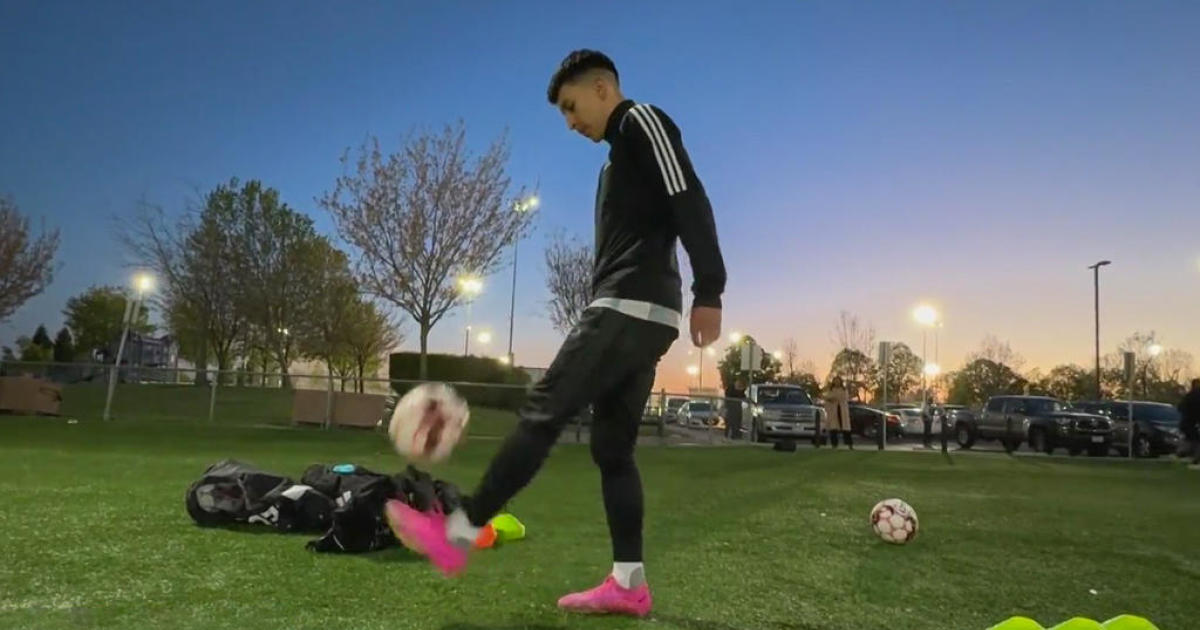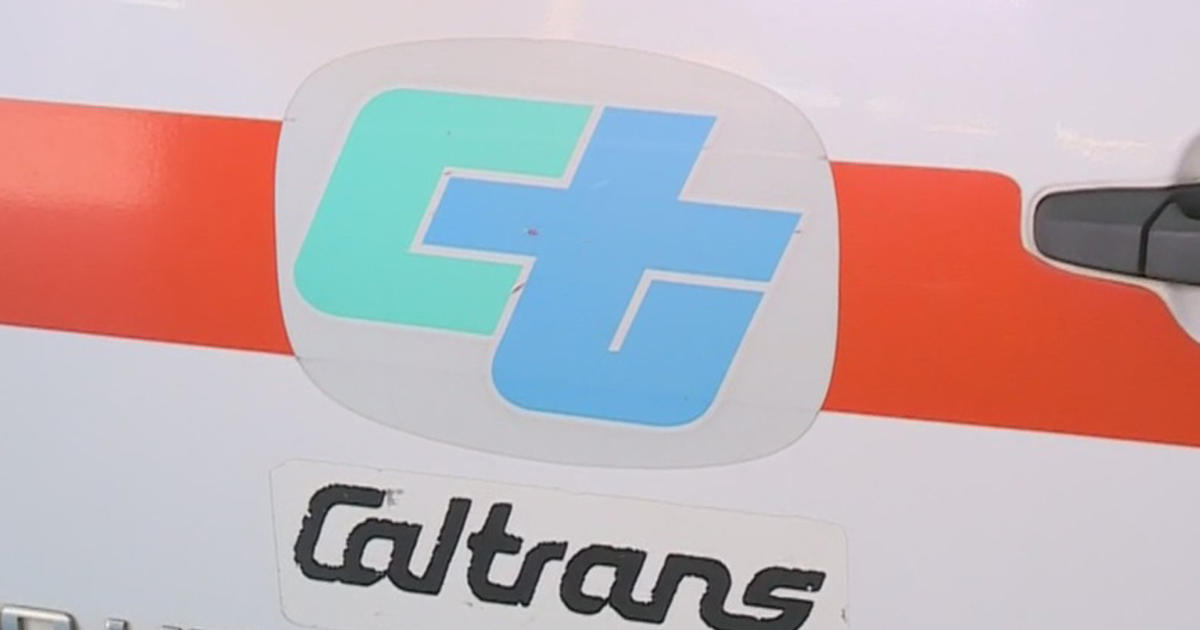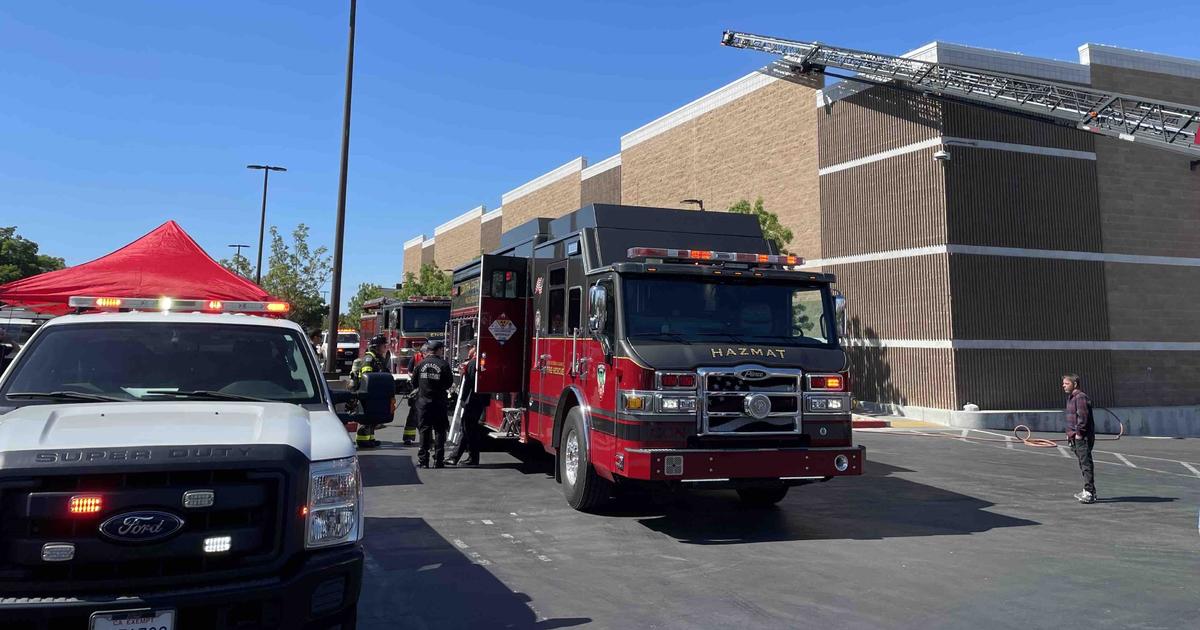Isolation Forced By Coronavirus Endangers Mental Health Of Elderly
OAKLAND (KPIX 5) -- While Bay Area health officials are ordering people to keep their distance from the elderly in an attempt to protect a high-risk population from the coronavirus, some are warning that too much isolation could be just as deadly.
Fruitvale Village in Oakland was eerily quiet Monday as people hid in their homes from the unseen menace of coronavirus. The senior center there is closed, food placed out on a table for those in need.
But for some, the human contact is as important as the food itself.
"Where they are lonely, that's where we really worry about increased risks of depression. And unfortunately suicide is also a concern," said UCSF Sociology Professor Dr. Stacy Torres. "Older adults have very high suicide rates."
Dr. Torres said elderly people -- especially those in their 80s -- can be mentally harmed if deprived of basic social interaction. She worries that isolating them to protect their lives could make them stop caring about living at all.
"I think we're just at the precipice of trying to figure out how to avoid those grave consequences that come with isolation," Torres said. "And the challenge here is nobody knows how long this will last."
In the town of Orinda, the library is closed. But it's more than just a library to Bruce Bell. The senior cyclist rides his bike from his home in Oakland to a different library each day.
"That's what I did on my bike. I rode my bike to these libraries," he said. "That sort of outlet is gone, you know? So I don't know what I'm going to do."
Also in Orinda is the volunteer group "Seniors Around Town" or SAT, which was created to offer rides to seniors for everyday tasks. But with the mandate coming down from Bay Area counties to shelter in place, the volunteers can't do that anymore.
They may still be able to deliver essentials to seniors' doorsteps, but without the interaction their clients so desperately crave.
"The laughing, the crying that we do…we're friends with them. They trust us. They know that they can depend on us not just to get a ride, but also to be there for them," said program coordinator and volunteer Cathy Goshorn. "Going forward, if this continues, we need to have some way that we can interact with those seniors."
"I think it's going to be more and more important that we have phone communication," said SAT founder and director Kate Wiley.
She suggested an "Adopt a Senior" program where people can call an elderly client each day to help keep their spirits up as the outbreak continues.
"So, we can do reassurance calls everyday to these individuals. We'll always be able to pick up the phone and talk to them," explained Wiley.
She said the organization will have to learn to adapt to the mandates, but policy makers -- concerned about the seniors -- are already beginning to call groups like SAT for their expertise in dealing with this vulnerable population.



